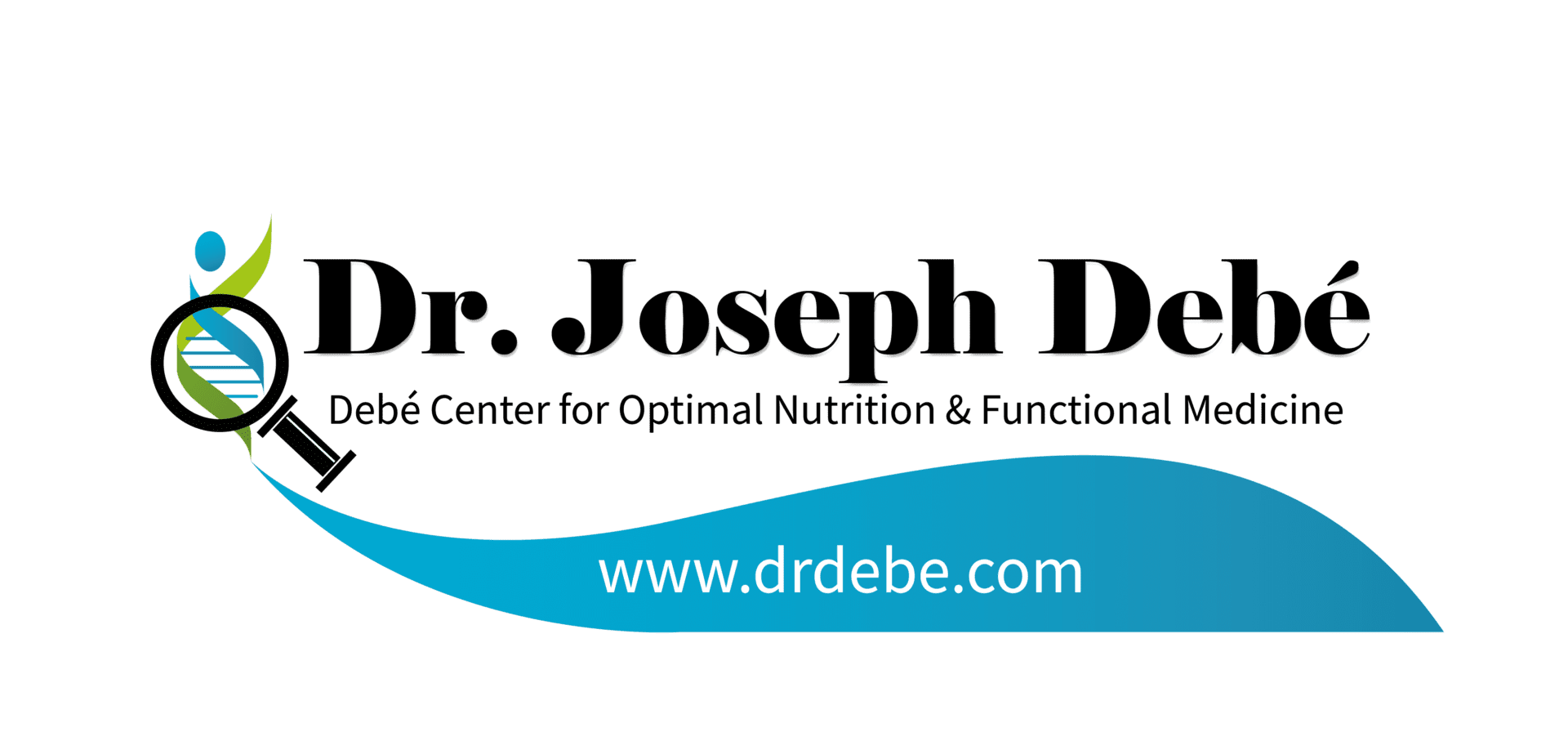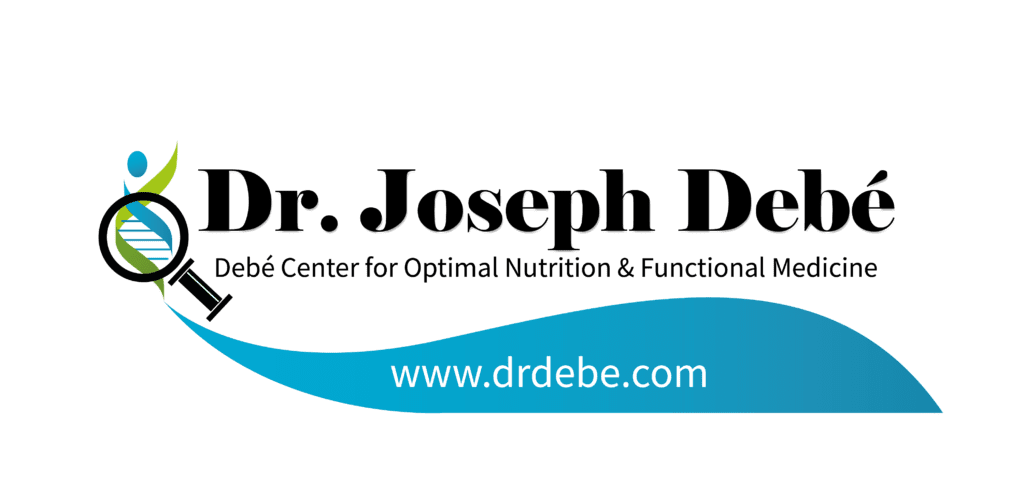The Glycemic Index of Your Breakfast – a Major Determinant of Your State of Health
If you’re having a bad day (or a bad life for that matter!), your breakfast (or lack thereof) may be to blame. As crazy as that may sound, I think you will shortly have a new appreciation for why breakfast really is the most important meal of the day.
Breakfast means to “break the fast”; with sleep your body is going many hours without food. If you wait too long to eat in the morning, your body is forced to use its reserves for energy. Although this may sound like a good thing, body fat is not the only thing you will be burning. Autocannibalism is the consequence of going too long without eating. The body will secrete hormones to convert protein to sugar to be burned for cellular energy. The main protein sources consumed in this process are skeletal muscles and the lining of the intestinal tract. Loss of skeletal muscle is the single most important change seen in the aging process and slows the number of calories burned at rest, which leads to less burning of body fat. Weakening of the intestinal lining can contribute to increased intestinal permeability or “Leaky Gut Syndrome”- a condition that results in poisoning of the body from the contents of the intestinal tract. Some of the hormones secreted to replenish blood sugar are stress hormones. Cortisol is one of these. Not only does high cortisol cause muscle breakdown but it is a stress hormone, with many adverse effects, including making you feel stressed. It also stimulates the deposition of fat around the midsection. More bad news for mood, body fat, and energy levels: cortisol inhibits the action of the nutrient-transporting hormone insulin.
Hopefully you now appreciate that skipping breakfast is a bad idea. So what should you eat for breakfast? In general, foods supplying a mix of whole, unrefined proteins, carbohydrates, and fats are the way to go. How about a bowl of cereal? Most cereals are overly refined and have sweeteners and artificial dyes added. Even if the cereal in question is unrefined and organic, there are some other problems with it. Almost all cereals are low in protein and have too much carbohydrate. So what? This brings us to the concept of glycemic index and glycemic load.
Glycemic index is the measure of how quickly a food raises the blood sugar and glycemic load is a measure of the quantity of sugar in a serving of food. It’s important to realize that starches found in grains, including breads, cereals, pasta, muffins, bagels, crackers, and potatoes, are made of chains of sugars. Eating foods with a high glycemic index and load (like a bagel or banana) causes the blood sugar to spike. The body responds by producing a lot of insulin to transport all the sugar into the cells. This is often accompanied by increased hunger, fatigue, irritability, poor concentration, and other symptoms if the blood sugar drops too quickly in response to the insulin. When insulin is repeatedly over-secreted, a multitude of adverse effects result. Insulin is a fat-building hormone and interferes with the burning of body fat. Additionally, to put it simply, excess insulin contributes to feeling lousy and increases risk to all the degenerative diseases of aging. (For a more in-depth discussion, click here).
A Study published in the journal Pediatrics in 1999, entitled, “High Glycemic Index Foods, Overeating, and Obesity” used three different glycemic index test meals in obese teenage boys. They were fed low, medium, or high glycemic index meals (supplying the same number of calories) at breakfast and lunch on different days. After lunch they were allowed to eat whatever they wanted for the next 5 hours. They also had blood tests done after breakfast. Compared to the day they ate the low-glycemic index meals, on the day they ate the high-glycemic index meals the number of calories eaten after lunch were 81% greater. Insulin levels and other metabolic markers in the blood were much worse after the high-glycemic index meals. Now, what do you think the result will be if you eat a high glycemic index breakfast on a daily basis? It won’t be pretty.
Another study done on thirty overweight women compared the impact on appetite of eating a high versus low glycemic index food for breakfast: bagels or eggs. The number of calories eaten with the two breakfasts were the same. It was found that feelings of hunger were less after the egg breakfast. What’s more, after eating the egg meal, the number of calories eaten for the next 36 hours were significantly less than after eating the bagel breakfast.
So, what are some good breakfast options. Two eggs or a vegetable omellette and a slice of whole grain toast is a good choice. How about low-fat cottage cheese or Greek yogurt and a piece of fruit and some nuts? Smoked salmon, tomatoes, onions and whole grain bread or fruit is another example. A good quality meal replacement product like Ultra Meal is another great choice.
A simple visual guide for planning balanced meal


